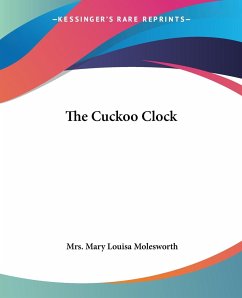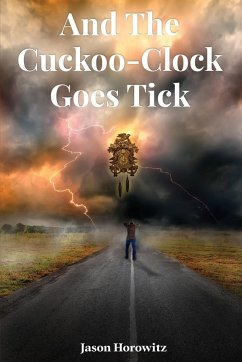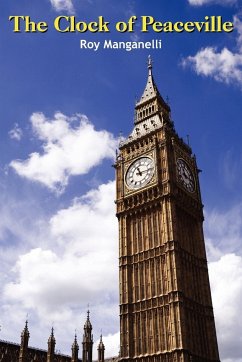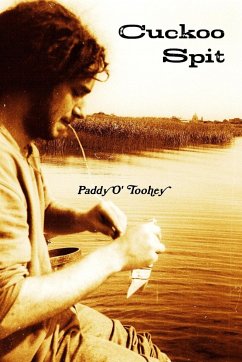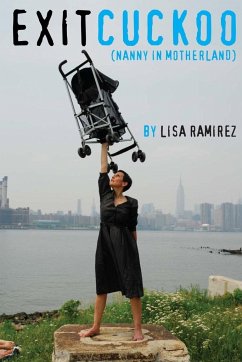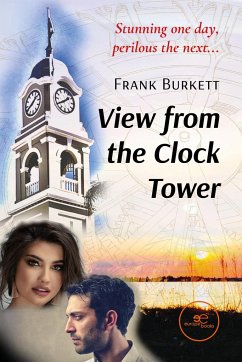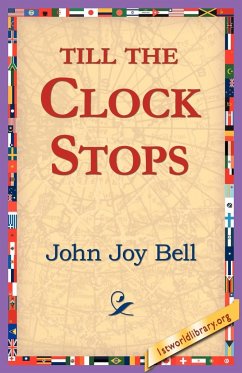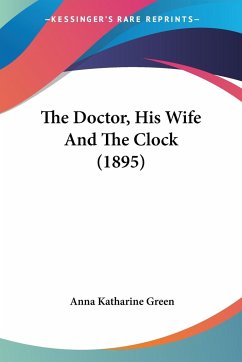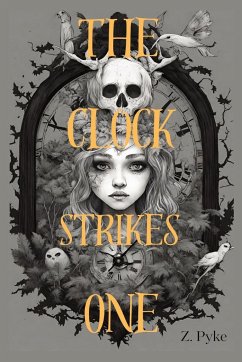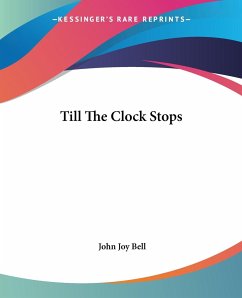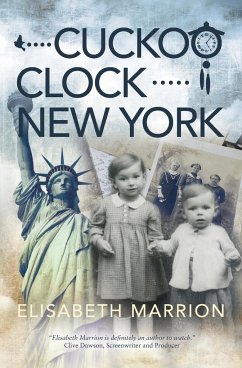
Cuckoo Clock - New York
Versandkostenfrei!
Versandfertig in 1-2 Wochen
17,99 €
inkl. MwSt.

PAYBACK Punkte
9 °P sammeln!
Kristallnacht 9 November 1938. Doctor Esther Rosenthal's husband has just enough time to whisper to her before the SA pulls him out of the door and slams it shut behind him. Esther has to leave Germany in a hurry and embarks on a journey taking her through Holland, England, and ultimately to the USA. In Holland she meets a group of children from a Berlin orphanage, the first children to go to England on the Kindertransport. Together with her father Mordechai she joins them on their crossing and accompanies them to Harwich. The Kindertransport comes to an abrupt end on the outbreak of World War...
Kristallnacht 9 November 1938. Doctor Esther Rosenthal's husband has just enough time to whisper to her before the SA pulls him out of the door and slams it shut behind him. Esther has to leave Germany in a hurry and embarks on a journey taking her through Holland, England, and ultimately to the USA. In Holland she meets a group of children from a Berlin orphanage, the first children to go to England on the Kindertransport. Together with her father Mordechai she joins them on their crossing and accompanies them to Harwich. The Kindertransport comes to an abrupt end on the outbreak of World War II. What will happen to the children still in Harwich without a new permanent or foster home? 'Cuckoo Clock - New York: Esther's Story', is the third book in the Unbroken Bonds series.



